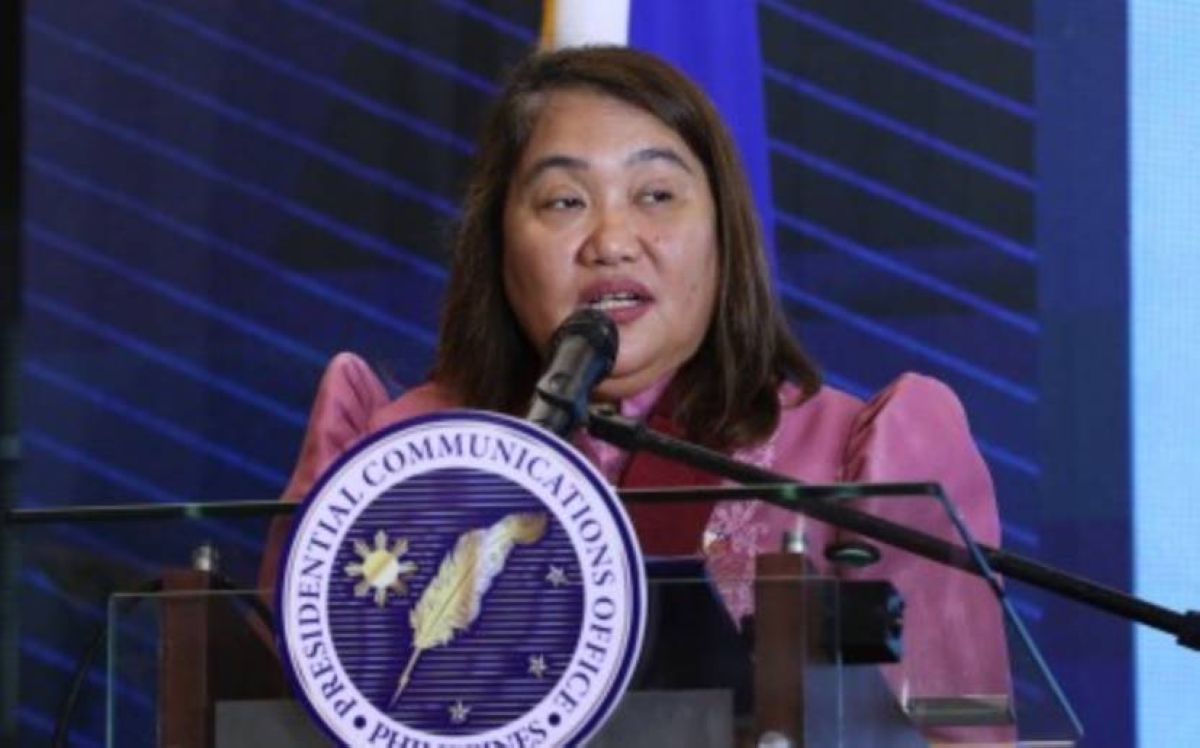The allocation of unprogrammed funds in the Philippine national budget for 2024 has sparked a legal debate, with lawmakers urging the Supreme Court to nullify and prevent the government from utilizing the P449.5 billion allocated for these funds. In response, the government has expressed its readiness to defend the constitutionality of these funds.
Presidential Communications Secretary Cheloy Garafil stated that the Executive Department would respond accordingly if required by the Supreme Court. The controversy stems from a provision in the 1987 Constitution that explicitly prohibits Congress from exceeding the appropriations recommended by the President for the operation of the government as specified in the budget.
The petitioners argue that the proposed cap of P281,908.056,000 for unprogrammed appropriations in President Ferdinand Marcos Jr.’s National Expenditure Program (NEP) should not have been surpassed by Congress. They contend that this act constitutes a breach of congressional jurisdiction and is therefore unconstitutional.
It is important to note that unprogrammed appropriations are standby funds, as clarified by the Department of Budget and Management (DBM). These funds are not included in the approved government fiscal program and serve as a tool to address unforeseen expenditures and prioritize essential programs and projects.
The DBM further explains that unprogrammed funds are not automatically allocated. They can only be released under specific conditions, such as when the government collects excess revenue from tax or non-tax sources, realizes revenue from new sources, or receives foreign loans/grants proceeds. Government agencies must submit the necessary documentary requirements to access these funds, ensuring that spending remains within allowable limits.
The allocation of unprogrammed funds in the 2024 national budget was increased from the proposed P281.9 billion to P731.5 billion after the bicameral conference. This increase has raised concerns regarding the constitutionality of the decision.
While the legal debate continues, it is crucial to understand the purpose of unprogrammed funds. These funds provide flexibility to the government in addressing unexpected expenses and prioritizing essential programs and projects. They act as a contingency measure, allowing the government to respond to unforeseen circumstances without disrupting the overall fiscal program.
It is also worth noting that the allocation of unprogrammed funds is subject to strict conditions and oversight. The government must meet specific funding requirements, such as collecting excess revenue or securing new revenue sources, before accessing these funds. This ensures that spending remains responsible and within the limits set by the approved budget.
As the legal battle unfolds, it is essential for all stakeholders to consider the intent and purpose of unprogrammed funds. While concerns regarding constitutional violations are valid, it is equally important to recognize the necessity of standby appropriations in a dynamic and ever-changing economic landscape.
In conclusion, the controversy surrounding the allocation of unprogrammed funds in the Philippine national budget for 2024 highlights the delicate balance between fiscal responsibility and the need for flexibility. As the government prepares to defend the constitutionality of these funds, it is crucial to understand their purpose and the strict conditions that govern their utilization. By ensuring transparency and accountability, the government can address unforeseen expenditures while upholding the principles of good governance.
Source: The Manila Times







